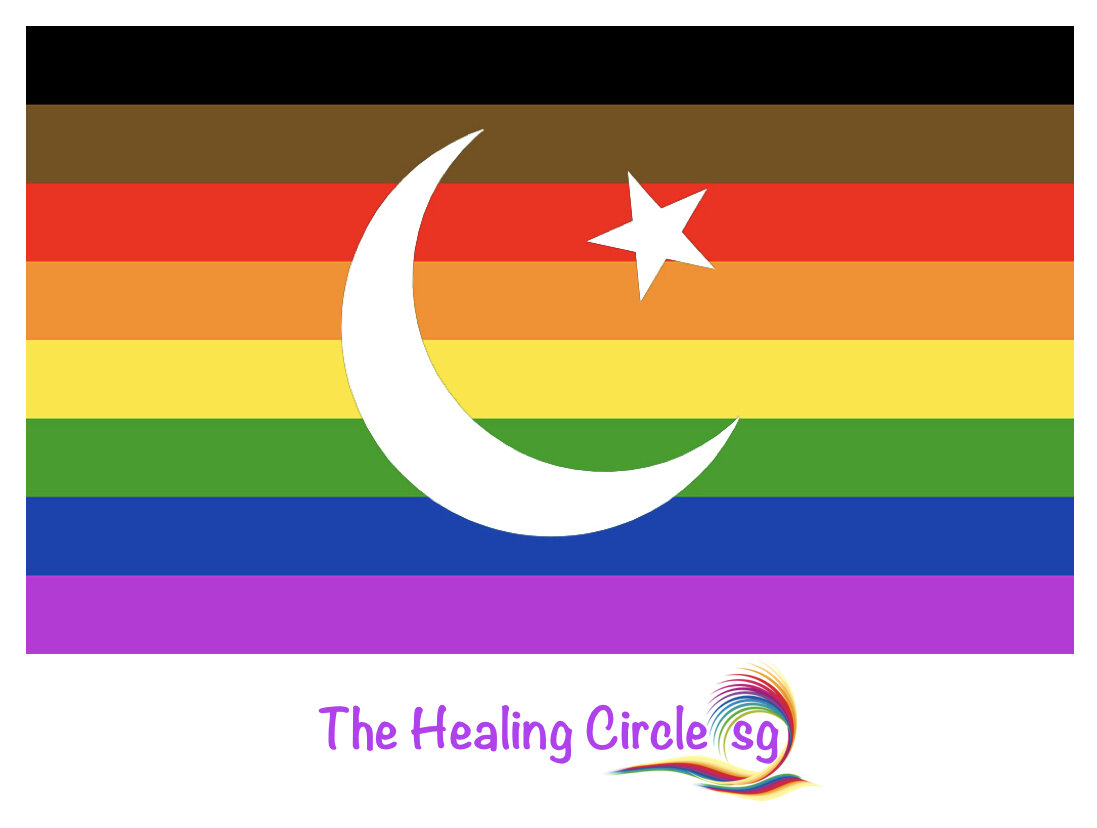Is Homophobia a mental disorder?
Although the WHO (World Health Organization) has taken homosexuality off its list of diseases, other forms of discrimination still remain, says Susan Cochran, a psychologist and epidemiologist at the University of California Los Angeles (UCLA): “Although being gay or lesbian is no longer classified as a disorder, in its place emerged new categories of ‘gay-related’ diseases.”
For example, homophobia can make teenagers feel harassed and hopeless – and that may add up to the symptoms of clinical depression. Cochran points out that the people concerned are sometimes “classified as mentally ill under current WHO guidelines”.
New Studies
According to findings recently published in the Journal of Sexual Medicine, if you harbor homophobic views it’s likely you may also endorse some of the following dysfunctions: misogynism, psychoticism, uber-religiosity, immature coping mechanisms, [discomfort] with close relationships, and above-average levels of anger, aggression, hostility, and hyper-masculinity.
Researchers working with the Italian Society of Andrology and Sexual Medicine evaluated the mental health of 560 Italian University students to see what connections could be found between their psychological traits and their propensity for homophobia. Indeed, they found that aspects of psychoticism and immature defense mechanisms were significant predictors for homophobic attitudes.
“We found that psychoticism represented an important risk factor for homophobia, demonstrating that pathologic personality traits are involved in homophobic attitudes,” the study explains. Psychoticism embodies various characteristics, but above all, “severe psychopathological conditions, such as delusion, isolation, and interpersonal alienation, but also hostility and anger.” Homophobia could be partially linked by “pathologic trait of personality,” meaning that various disorders of relationship and thought could be predictive of homophobia.
The study also found that gender was a significant predictor of homophobia. “Men are more homophobic than women,” and in particular, they demonstrated a tendency toward more negative attitudes and “a major risk of aggressive behavior or acting out toward homosexuals.”
Speaking to Medical Daily, lead researcher Dr. Emmanuele A. Jannini suggested, “After discussing for centuries if homosexuality is to be considered a disease, for the first time we demonstrated that the real disease to be cured is homophobia, associated with potentially severe psychopathologies.”
Religious bigotry and homophobia are they correlated?
Research shows that there is a strong correlation between being religious and being homophobic. On average, the more religious you are in terms of strength of faith and congregations within the Churches and Mosques, the more likely you are to be anti-gay rights, anti-gay marriage, etc. And conversely, the more secular you are, the more likely you are to be open and accepting of homosexuals, and supportive of their equal rights. It is thus no accident that in those nations where religion is strong – especially in Islamic-majority nations – the lives of homosexuals are plagued by inequality, disrespect, harassment, and dangerous oppression. But in those highly secularized nations where religion is the weakest, the lives of homosexuals are much safer, freer, and relatively more equitable.
For secular people, morality is something altogether different. It is about being empathetic and compassionate, not causing unnecessary harm and suffering, fighting for justice, and generally treating people the way one would want to be treated themselves – because all of these moral values increase human well-being. We strive to manifest them not because we are commanded to, but because we want to.
Religious people look to a higher, outside authority to tell them what is wrong and what is right, while secular people look to themselves – our consciences and our communities – in determining such things.
The results of these differing moral orientations are clear when it comes to contemporary issues such as homosexuality. When religious people look at the matter of gay rights, they simply defer to what they believe some God says in some ancient writings, and that’s that. In the Old Testament, God commands that homosexuals must be murdered, and in the New Testament, St. Paul condemns homosexuals outright.
As the forces of strong religion – from the fundamentalist mullahs in Iran and other parts of the Middle East countries where homosexuality is considered forbidden and sinful, who murder gays and lesbians, to the Evangelical politicians in America who fight to deny homosexuals equal rights – continue to treat homosexuality as an abomination, they will see more and more of their younger members walk away in warranted disgust.
Conclusion
Like researcher, Dr. Emmanuele A. Jannini and his team were hoping. to add another level of understanding to discrimination pertaining to sexuality, and how interventions can utilize psychological avenues to help prevent prejudice in the future.
This goes to show that there is hope for LGBT community to eventually be accepted within the community.
Sources:
Ciocca G, Jannini E, Lenzi A, et al. Psychoticism, Immature Defense Mechanisms and a Fearful Attachment Style are Associated with Higher Homophobic Attitude. Journal of Sexual Medicine. 2015.
Phil Zuckerman, Psychology Today: Religion, Secularism, and Homophobia.


